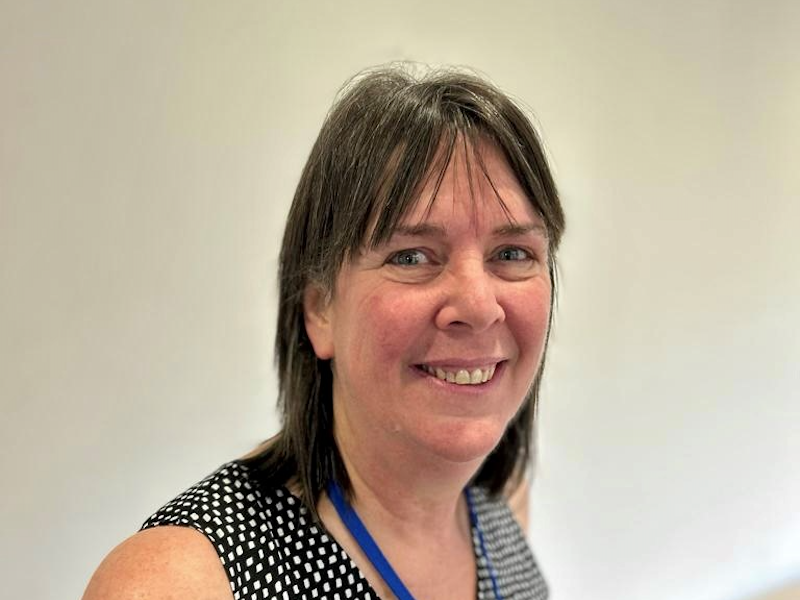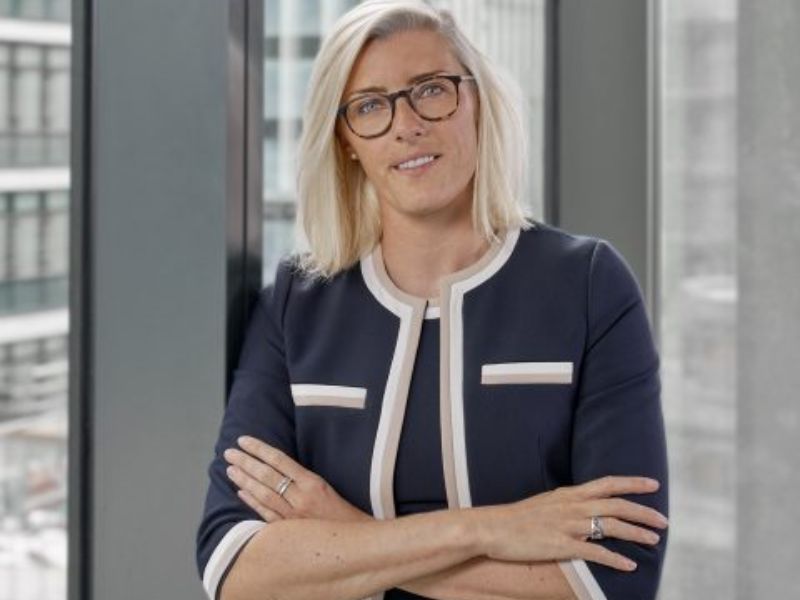I was a senior police officer having served for 35 years and retired 3 years ago to take up the role of CEO for a small/medium-sized charity which supports people impacted by the Criminal Justice sector.
I worked my way through the ranks in policing having started at the age of 17 as a temporary typist and having joined the police as an officer, progressed in a variety of different roles in uniform and CID. My final role was as an Assistant Chief Constable in charge of local policing across Thames Valley, covering all frontline delivery across the three counties. The day after retirement I started full-time as the CEO of Thames Valley Partnership and am still in post delivering frontline support to around 5000 people in a variety of different settings. I have been a single mother of twin boys since they were around 6 (they are now 20) and currently have an empty nest which I fill by also vaccinating against COVID most weekends and also assessing future police recruits.
Did you ever sit down and plan your career?
I always had a vision of where I wanted to get to but not usually a plan of how I was going to get there. In my early days, I planned everything quite carefully, but policing doesn’t lend itself to that, so I soon learnt to plan rank by rank and then start again when I got there. My end point was to reach the dizzy heights of Strategic Command and my lack of a more formal plan then made it difficult for me to find a role or direction once I reached there. To that end, I reached my end goal and then struggled to think what next. It took me a while to be able to see myself outside of policing and then to take the step outside. I am currently micro-planning my future in terms of timings but not necessarily roles.
Have you faced any challenges along the way?
I joined policing in the 80s and so could talk for hours about the problems in policing relating to women in that era. Things changed through the 90s and are so much better with better opportunities and less blockages than ever before. Policing really did lead the way in sorting out sexist behaviours and policies – although as with all industries, there is still much to be done. Women were not welcome in the service in the 80s and often had things happen to them that were designed to make them understand that.
Having overcome barriers and progressed through sheer determination over the years I always ensured that I took up positions outside of my day job that would help others. Women’s network executive positions and ensuring that others got support where needed.
Personal challenges other than the above, pregnancy and maternity leave causing me to pause my rise through the ranks temporarily (self-imposed), managing a very full-on role plus on-call responsibilities whilst working full time and as a single mother, managing an occasionally crippling lack of self-confidence whilst appearing to be super confident and delivering at the highest level. Current challenges are more around having to network (not a comfortable skill for me) and fundraising and raising money to run the charity, which is soul-destroying and is a challenge every single day. I have now reached an age where I am confident in my abilities and what I can do but it has taken many years to ‘tame the gremlin’. My biggest challenge now is to not work too hard and long in too many roles, to learn how to say no to others, and to take time for me!
What has been your biggest achievement to date?
Would be too corny to say my twin boys but also true!
In addition to that from a career point of view, I couldn’t have been prouder of my achievements in policing and now beyond. The charity continues to grow and expand with more and more people being supported and I am so committed to that journey. I have always been defined by what I do for a living (not by choice but by quirk of nature) and now I am really proud to be defined as the CEO of such an amazing charity that helps so many vulnerable people.
What one thing do you believe has been a major factor in you achieving success?
I have always been driven and ambitious and despite the crippling lack of self-confidence mentioned above have always doggedly pushed through barriers to ensure that I am always the best version of me I can be – and have always tried to instil that in my children. This meant that I never gave up no matter how tough things were, I always managed rejection with a desire to learn and do better next time and always got there in the end. Couple that with a mother who never put any limitations on me and always allowed me to try new things and do things my way!
How do you feel about mentoring? Have you mentored anyone or are you someone’s mentee?
I am passionate about mentoring. I have had the most incredible mentor for many years who I still work with outside of policing even though we are both retired and involved in different things. It took me a long time to understand that it was important for me to ask others for help but once I recognised, I was worthy of the support, there was no turning back. I have mentored dozens of people over the years and am still mentoring a number of people from policing in my past. For another charity based locally which focuses on women’s development (Womens Leaders UK), I am the mentoring lead and have matched around 50 women with strong mentors who can support their career development. I currently personally mentor 6 people on a regular basis. The opportunity for people to bounce things off another is critical and so much more beneficial if that someone is not within the organisation and definitely not in your chain of command.
If you could change one thing to accelerate the pace of change for Gender Parity, what would it be?
When I joined policing there were about 5% women and there are now about 40% but that has taken almost 40 years to achieve so I do believe that one has to be realistic about the rate of change. I deliver allyship training to organisations (on behalf of WLUK) and recognise that for too long it has been women in organisations who have driven through and delivered changes (women’s networks in my police force ran maternity buddy schemes, flexible working schemes and support for adoptive and IVF parents) but this should have been driven internally and through HR departments. Recognising that male allies are key to those changes and to help deliver them is important. Male managers still need to really see how it is for women in their organisation, address the issues and reach out and support women coming through the ranks. Obviously, women need to do that too, but this is often more naturally happening in organisations out of sight of male colleagues who have never considered the issues. A great example being menopause and the issues for older women at work. Awareness to women is important but so is awareness to the men living with partners suffering and to everyone line managing people so that everyone can make allowances and changes accordingly.
If you could give one piece of advice to your younger self what would it be?
Believe in yourself – 100%
What is your next challenge and what are you hoping to achieve in the future?
Decisions for my future are really important right now. One of my sons finishes University in a year and I would like to retire/ go part-time / take more time for myself and yet still engage in the public service world and continue to help others. Planning for my future whilst remaining incredibly loyal to my charity is a real issue for me and trying to learn to put myself above everyone else – just once in a while!









